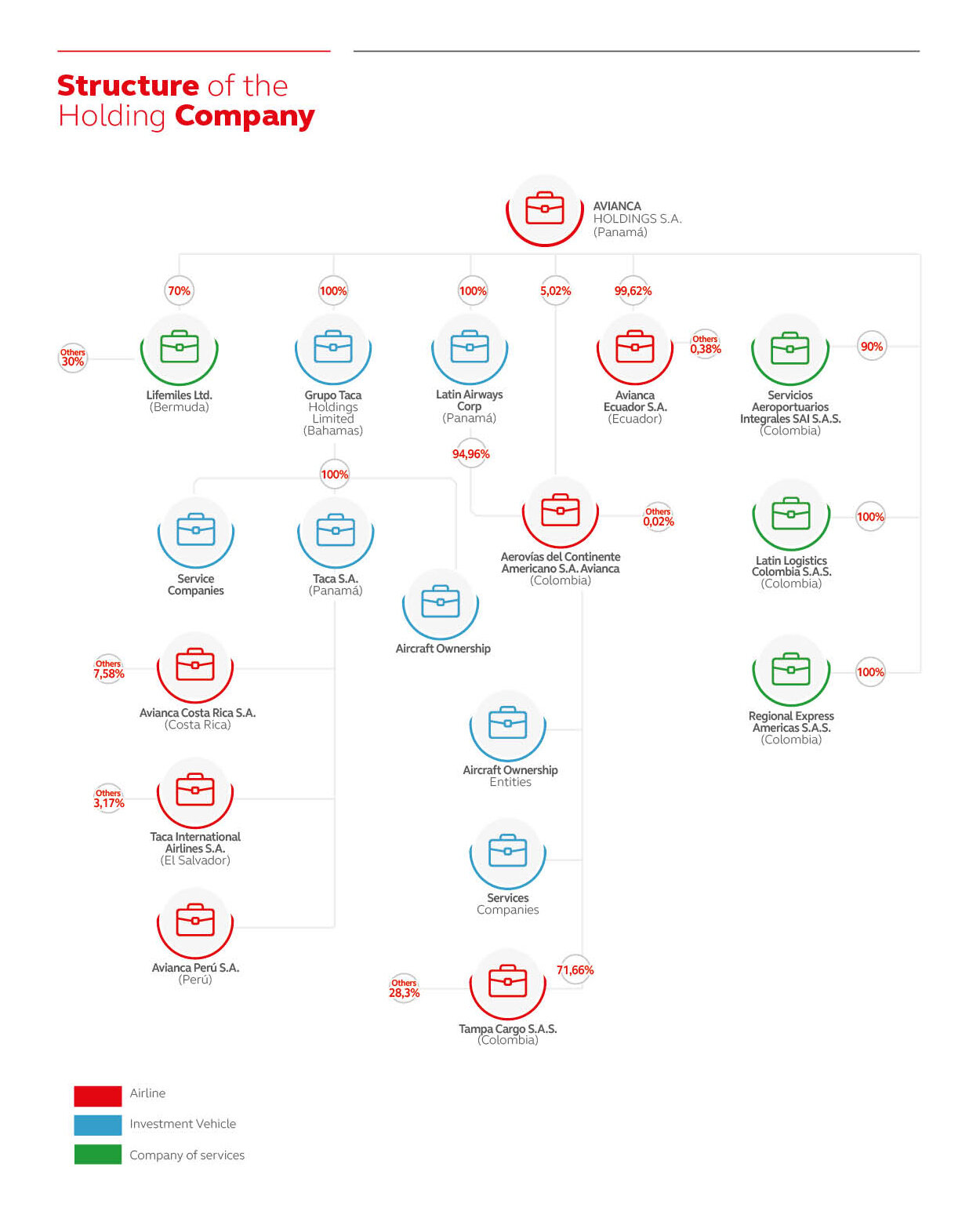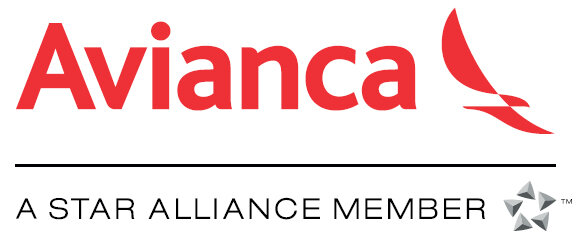Miami, Florida-based Royal Caribbean Cruises Ltd.
Form 10-Q for the quarterly period ended September 20, 2019
Litigation
On August 27, 2019, two lawsuits were filed against Royal Caribbean Cruises Ltd. in the U.S. District Court for the Southern District of Florida under Title III of the Cuban Liberty and Democratic Solidarity Act, also known as the Helms-Burton Act. The complaint filed by Havana Docks Corporation alleges it holds an interest in the Havana Cruise Port Terminal and the complaint filed by Javier Garcia-Bengochea alleges that he holds an interest in the Port of Santiago, Cuba, both of which were expropriated by the Cuban Government. The complaints further allege that Royal Caribbean Cruises Ltd. trafficked in those properties by embarking and disembarking passengers at these facilities. The plaintiffs seek all available statutory remedies, including the value of the expropriated property, plus interest, treble damages, attorneys’ fees and costs. Royal Caribbean Cruises Ltd. filed its answer to each complaint on October 4, 2019. We believe we have meritorious defenses to the claims, and we intend to vigorously defend ourselves against them. We believe that it is unlikely that the outcome of these matters will have a material adverse impact to our financial condition, results of operations or cash flows. However, the outcome of litigation is inherently unpredictable and subject to significant uncertainties, and there can be no assurances that the final outcome of this case will not be material. We are routinely involved in claims typical within the cruise vacation industry. The majority of these claims are covered by insurance. Although the outcome of any litigation is inherently unpredictable and subject to significant uncertainties, we believe it is unlikely that the outcome of such claims, net of expected insurance recoveries, will have a material adverse impact on our financial condition, results of operations and cash flows.
Effective June 5th, 2019, we stopped sailings to Cuba as the U.S government rescinded authorized travel to Cuba under the People-to-People program and prohibited travel to Cuba via cruise ships. The estimated negative impact resulting from this regulatory change, primarily due to changes in itineraries, is approximately $0.13 and $0.16 per share on a diluted basis to our Net Income attributable to Royal Caribbean Cruises Ltd. for the quarter and nine months ended September 30, 2019, respectively.
an increase of $167.8 million in ticket prices primarily driven by the improvement in our ticket price on a per passenger basis due to the addition of Silversea Cruises to our fleet in the second half of 2018, the additions of Spectrum of the Seas and Celebrity Edge and higher pricing on our Caribbean sailings, net of the negative impact to our ticket price on a per passenger basis resulting from itinerary changes related to the travel restrictions to Cuba.
an increase of $524.5 million in ticket prices primarily driven by the improvement in our ticket price on a per passenger basis due to the addition of Silversea Cruises to our fleet in the second half of 2018, the additions of Spectrum of the Seas, Symphony of the Seas, Azamara Pursuit and Celebrity Edge, and higher pricing on our Caribbean and Asia/Pacific sailings, net of the negative impact to our ticket price on a per passenger basis resulting from itinerary changes related to the travel restrictions to Cuba.
Item 1. Legal Proceedings
On August 27, 2019, two lawsuits were filed against Royal Caribbean Cruises Ltd. in the U.S. District Court for the Southern District of Florida under Title III of the Cuban Liberty and Democratic Solidarity Act, also known as the Helms-Burton Act. The complaint filed by Havana Docks Corporation alleges it holds an interest in the Havana Cruise Port Terminal and the complaint filed by Javier Garcia-Bengochea alleges that he holds an interest in the Port of Santiago, Cuba, both of which were expropriated by the Cuban Government. The
complaints further allege that Royal Caribbean Cruises Ltd. trafficked in those properties by embarking and disembarking passengers at these facilities. The plaintiffs seek all available statutory remedies, including the value of the expropriated property, plus interest, treble damages, attorneys’ fees and costs. Royal Caribbean Cruises Ltd. filed its answer to each complaint on October 4, 2019. We believe we have meritorious defenses to the claims, and we intend to vigorously defend ourselves against them. We believe that it is unlikely that the outcome of these matters will have a material adverse impact to our financial condition, results of operations or cash flows. However, the outcome of litigation is inherently unpredictable and subject to significant uncertainties, and there can be no assurances that the final outcome of this case will not be material.
Changes in U.S. foreign travel policy may affect our results of operations.
Changes in U.S. foreign policy could result in the imposition of travel restrictions or travel bans on U.S. persons to certain countries or result in the imposition of U.S. rules, regulations or legislation that could expose us to penalties or claims of monetary damages. The timing and scope of these changes are unpredictable, and they could cause us to cancel scheduled sailings, possibly on short notice, or could result in possible litigation against us. This, in turn, could decrease our revenue, increase our operating costs and otherwise impair our profitability. For instance, in June 2019, the U.S. government announced that cruise ships would no longer be allowed to travel between the U.S. and Cuba. This required us to change our high yielding Cuba sailings on short notice which impacted our earnings. Moreover, in May 2019, the U.S. government activated Title III of the Cuban Liberty and Solidarity (Libertad) Act of 1996, popularly known as the Helms-Burton Act. This allowed certain individuals whose property was confiscated by the Cuban government to sue in U.S. courts anyone who "traffics" in the property in question. The activation of Title III has resulted in litigation against us and others in the tourism industry.
“Sanctioned Country” means, at any time, a country, region or territory which is itself the subject or target of any Sanctions (at the time of this Agreement, Crimea, Cuba, Iran, North Korea, Sudan and Syria).
Miami, Florida-based Carnival Corporation
Form 10-Q for the quarterly period ending August 31, 2019
NOTE 4 – Contingencies
Litigation
On May 2, 2019, two lawsuits were filed against Carnival Corporation in the U.S. District Court for the Southern District of Florida under Title III of the Cuban Liberty and Democratic Solidarity Act, also known as the Helms-Burton Act. The complaint filed by Havana Docks Corporation alleges it holds an interest in the Havana Cruise Port Terminal and the complaint filed by Javier Garcia-Bengochea alleges that he holds an interest in the Port of Santiago, Cuba, both of which were expropriated by the Cuban Government. The complaints further allege that Carnival Cruise Line “trafficked” in those properties by embarking and disembarking passengers at these facilities. The plaintiffs seek all available statutory remedies, including the value of the expropriated property, plus interest, treble damages, attorneys’ fees and costs. The court denied our motion to dismiss the complaints filed by Havana Docks Corporation and Javier Garcia-Bengochea, on August 28, 2019 and August 26, 2019, respectively.
We believe we have meritorious defenses to the claims and intend to vigorously defend against them. We do not believe that it is likely that the outcome of these matters will be material, but litigation is inherently unpredictable and there can be no assurances that the final outcome of the case might not be material to our operating results or financial condition.
Additionally, in the normal course of our business, various claims and lawsuits have been filed or are pending against us. Most of these claims and lawsuits, or any settlement of claims and lawsuits, are covered by insurance and the maximum amount of our liability, net of any insurance recoverables, is typically limited to our self-insurance retention levels. We believe the ultimate outcome of these claims, lawsuits and settlements, as applicable, each and in the aggregate, will not have a material impact on our consolidated financial statements.
Norwalk, Connecticut-based Booking Holdings Inc.
Form 10-Q for the quarterly period ending June 30, 2019
Part II- Other Information
Item 1A. Risk Factors
The U.S. Government announced that, effective May 2, 2019, it will no longer suspend the right of private parties to bring litigation under Title III of the Cuban Liberty and Solidarity (Libertad) Act of 1996, popularly known as the Helms-Burton Act, allowing certain individuals whose property was confiscated by the Cuban government beginning in 1959 to sue anyone who "traffics" in the property in question in U.S. courts. We have received letters on behalf of various persons notifying us that they intend to sue us with respect to certain aspects of our business related to Cuba and seek remedies including the value of the expropriated property (generally, the applicable hotel), plus interest, treble damages, attorneys' fees and costs. We believe that we have meritorious defenses to any potential claims and that the results of any related litigation would not be material to our business, financial condition or results of operations.
However, litigation is uncertain and there is little judicial history or interpretation of the relevant claims and defenses, in particular as applied to businesses like ours. As a result, there can be no assurance that there will not be adverse outcome to any such litigation or that such an outcome would not result in an adverse impact on our business, financial condition or results of operations.
Miami, Florida-based Norwegian Cruise Line Holdings Ltd.
Form 10-Q for the quarterly period ending June 30, 2019
Quarterly Review
In June 2019, the Office of Foreign Assets Control of the United States Department of the Treasury removed the authorization for group people-to-people educational travel by U.S. persons to Cuba. As a result, we have stopped sailings to Cuba during the three months ended June 30, 2019. The estimated negative impact resulting from this regulatory change was approximately $0.06 to diluted EPS and Adjusted EPS for both the three and six months ended June 30, 2019. We expect a negative impact to diluted EPS and Adjusted EPS throughout the remainder of 2019 as a result of the cessation of cruises to Cuba.
Expense
On a Capacity Day basis, Net Cruise Cost increased 4.7% (5.5% on a Constant Currency basis) primarily due to an increase in marketing, general and administrative expenses and an increase due to the addition of Norwegian Bliss, costs associated with the cessation of cruises to Cuba and other ship operating costs.
On a Capacity Day basis, Net Cruise Cost increased 3.7% (4.3% on a Constant Currency basis) primarily due to an increase in marketing, general and administrative expenses and an increase due to the addition of Norwegian Bliss, costs associated with the cessation of cruises to Cuba and other ship operating costs.
Unavailability of ports of call may materially adversely affect our business, financial condition and results of operations.
the authorization for group people-to-people educational travel by U.S. persons to Cuba. Concurrently, the United States Department of Commerce’s Bureau of Industry and Security removed the authorization to travel for most non-commercial aircraft and all passenger and recreational vessels, including cruise ships, on temporary sojourn in Cuba. Combined, these rulings effectively eliminated the ability of cruise lines to offer cruise travel to Cuba. Limitations on the availability of ports of call or on the availability of shore excursions and other service providers at such ports have adversely affected our business, financial condition and results of operations in the past and could do so in the future.
The U.S. Government announced that, effective May 2, 2019, it will no longer suspend the right of private parties to bring litigation under Title III of the Cuban Liberty and Solidarity (Libertad) Act of 1996, popularly known as the Helms-Burton Act, allowing certain individuals whose property was confiscated by the Cuban government beginning in 1959 to sue anyone who "traffics" in the property in question in U.S. courts. Monetary and other claims may now be brought against us and other companies who have done business in Cuba. If these suits are successful, they could result in substantial monetary damages against the Company.
“Sanctioned Country” means, at any time, a country, region or territory which is itself the subject or target of comprehensive Sanctions (at the time of this Agreement, Cuba, Iran, North Korea, Sudan, Syria and Crimea).
In June 2019, the Office of Foreign Assets Control of the United States Department of the Treasury removed the authorization for group people-to-people educational travel by U.S. persons to Cuba. As a result, we have stopped sailings to Cuba during the three months ended June 30, 2019. The estimated negative impact resulting from this regulatory change was approximately $0.06 to diluted EPS and Adjusted EPS for both the three and six months ended June 30, 2019. We expect a negative impact to diluted EPS and Adjusted EPS throughout the remainder of 2019 as a result of the cessation of cruises to Cuba.











